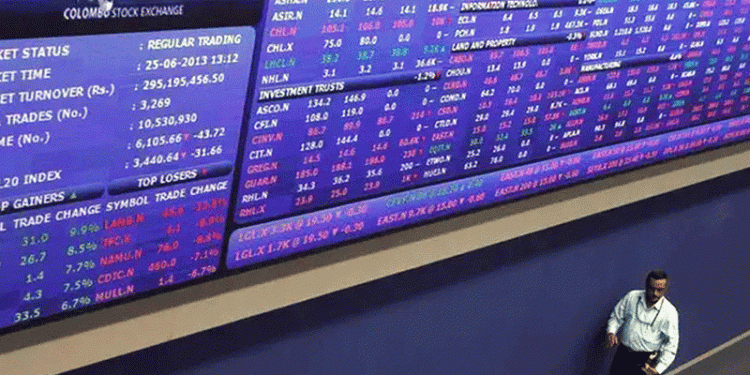SYDNEY: Asian shares stepped back from recent decade highs on Monday while major currencies held in tight ranges and oil jumped to a more than two-year peak as Saudi Arabia’s crown prince cemented his power through an anti-corruption crackdown.
Oil prices hit their highest since July 2015 as Mohammed bin Salman’s purge led to arrests of royals, ministers and investors including prominent business billionaire Alwaleed bin Talal.
The news stirred concerns of Middle East money pulling out of some Asian markets. In addition, a weekend call by China’s central bank governor for tougher financial regulation hit investor sentiment.
The negativity spread with futures hinting of a soft opening for European and U.S. bourses. FTSE futures slipped 0.2 percent while S&P E-mini futures edged 0.1 percent lower.
“It was a very disappointing day for Asian shares today,” said Michael McCarthy, Sydney-based strategist at CMC Markets.
“We were looking for a much better day after positive leads from Europe and the U.S. But most markets fell victim to their own successes… the fact that they had moved higher in a very short time led investors to turn cautious now.”
MSCI’s broadest index of Asia-Pacific shares outside Japan slipped 0.2 percent to drift away from Friday’s top of 557.9, the highest since November 2007.
South Korea’s KOSPI, which hit a record high last week, skidded 0.6 percent early on before paring losses to 0.3 percent. Hong Kong’s Hang Seng Index fell 0.2 percent. The Hong Kong China Enterprises Index lost 0.9 percent.
Japan’s Nikkei eked out a small gain to hover around a 21-year peak.
WAIT AND WATCH
Near-term sentiment in the market will be dictated by news related to U.S. President Donald Trump’s Asian tour this week.
In his second day in Japan, Trump ramped up his tough rhetoric against North Korea, saying the United States and its allies are prepared to defend freedom.
The U.S. president wants a united front with the leaders of Japan and South Korea before he visits Beijing to make the case to Chinese President Xi Jinping that more needs to be done to rein in Pyongyang. Trump also plans to meet Russian counterpart Vladimir Putin during his 12-day trip.
Meanwhile, forex investors awaited progress on U.S. tax reforms which, if passed in its current form, will add $1.5 trillion to the U.S. budget deficit over the next 10 years, said Elias Haddad, currency strategist at Commonwealth Bank.
“While this pro-growth tax package is dollar supportive, it is still unclear if the package will have enough Republican support to pass through Congress by year-end or Q1 2018,” Haddad added.
For now, sentiment towards the greenback was still positive with leveraged funds paring bearish bets to be net long for the first time since late July.
The dollar climbed against the yen to an eight-month peak after a string of U.S. data bolstered views the Federal Reserve will hike interest rates next month and tighten further in 2018.
U.S. non-manufacturing purchasing managers’ index rose to its highest since 2005, figures out on Friday showed. New orders for U.S.-made goods gained for the second straight month in September and orders for core capital goods surpassed expectations.
The dollar index held near four-month highs against a basket of currencies, while the euro trod water to loiter around its lowest since July.
In energy markets, Brent futures were up 32 cents at $62.39 a barrel, the highest since July 2015. U.S. crude added 20 cents to 55.84.
Bin Salman’s reforms include a plan to list parts of giant state-owned oil company Saudi Aramco next year, and a higher oil price is seen as beneficial for the market capitalization of the future listed company.
Spot gold was steady at $1,269.81 an ounce.
Source: Brecorder.com


























